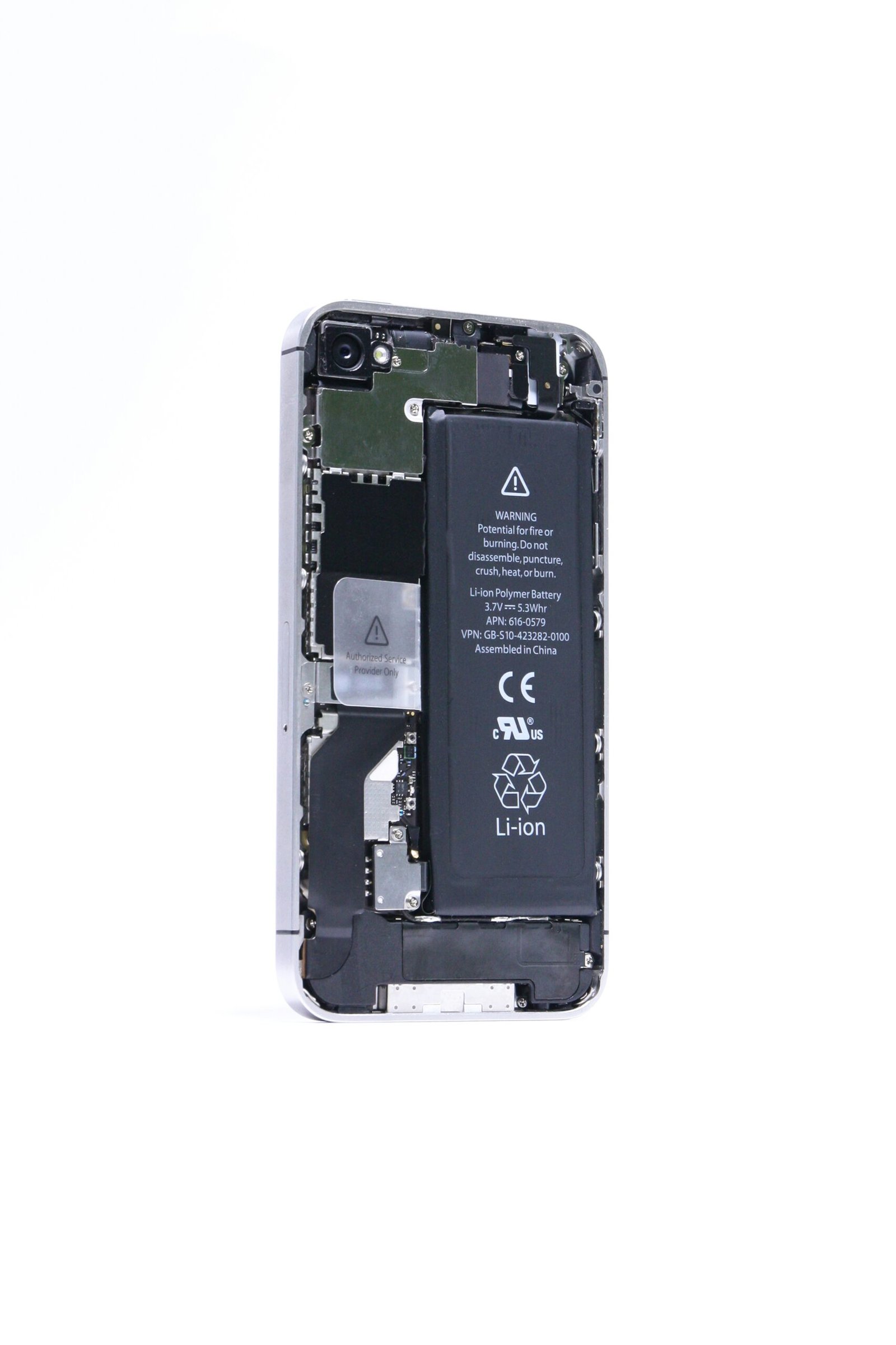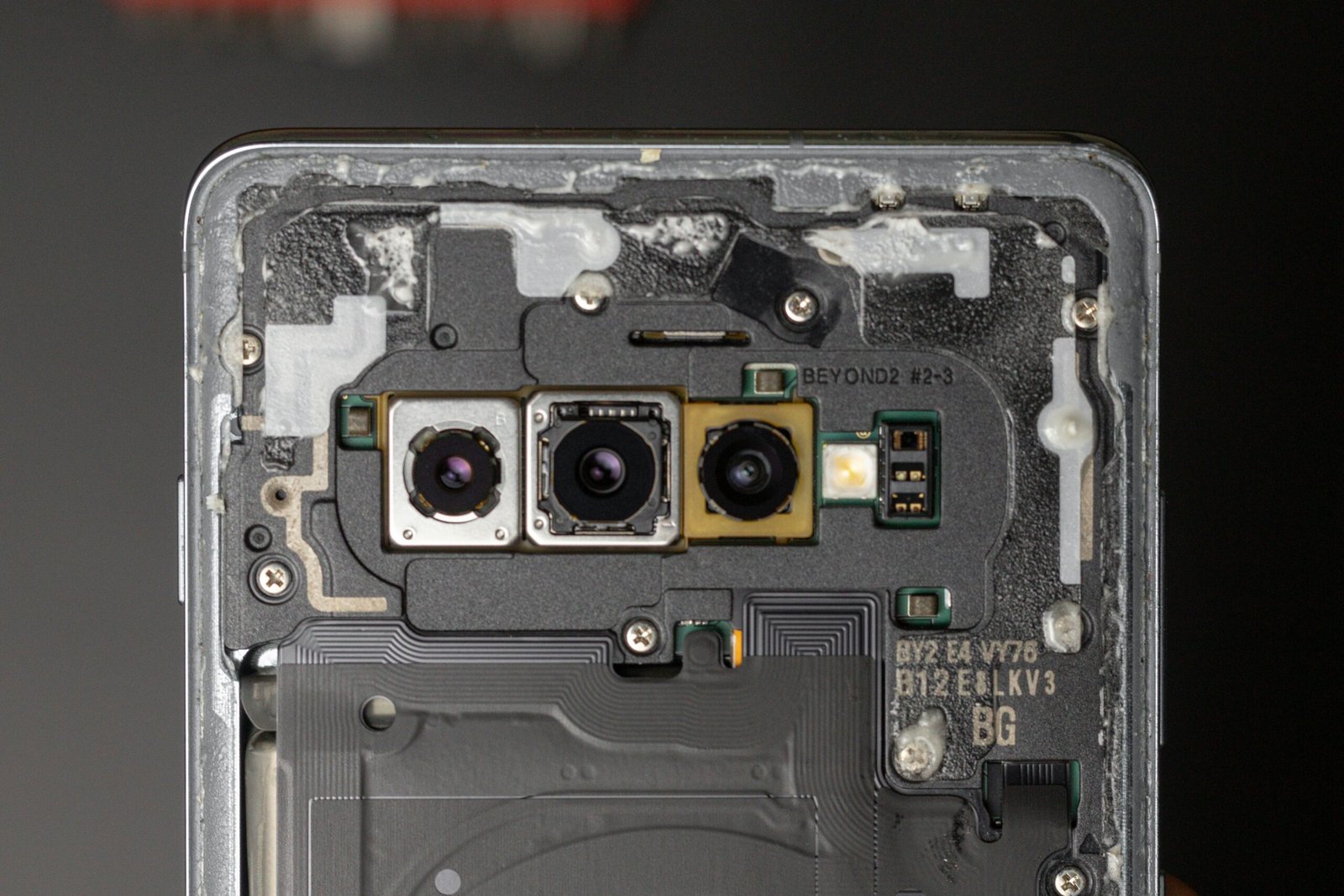What Profession Builds Phones
“`html
Introduction to the Mobile Phone Industry
The mobile phone industry stands as a cornerstone of modern technology, deeply woven into the fabric of contemporary life. Mobile phones are undeniably indispensable, facilitating communication, entertainment, and even commerce at the touch of a screen. This industry’s significance extends beyond convenience; it has revolutionized the way we interact with our world and each other.
The economic impact of the mobile phone industry is likewise profound. As one of the most lucrative sectors, it contributes significantly to global GDP. Leading companies within this field, such as Apple, Samsung, and Huawei, have become economic powerhouses, driving technological innovation and providing millions of jobs worldwide. The reach and influence of these multinational corporations underscore the industry’s critical role in the modern economy.
The evolution of mobile phones is marked by key technological milestones that have continually reshaped consumer expectations. From the introduction of the first mobile phone by Motorola in 1973 to the groundbreaking debut of the iPhone in 2007, each advancement has set a new standard for functionality and design. The evolution from bulky handheld devices to sleek, multifaceted smartphones has been rapid, driven by relentless innovation in hardware, software, and network infrastructure.
Within this dynamic industry, a vast array of careers and roles contribute to the creation of mobile phones. Engineers, designers, software developers, and production managers are but a few of the professionals who collaborate closely to bring a new device to market. Each role is crucial, encompassing research and development, design, manufacturing, marketing, and sales. This diversity of careers not only highlights the complexity of mobile phone production but also the collective effort needed to drive the industry forward.
“`
Roles and Responsibilities of Mobile Phone Engineers
Mobile phone engineers play a crucial role in the development and production of mobile phones. These professionals encompass various specializations, including hardware engineers, software engineers, and telecommunications engineers, each with distinct responsibilities critical to the manufacturing process.
Hardware engineers are responsible for the design and development of the physical components of a mobile phone. They work meticulously to create circuit boards, integrate different hardware components, and ensure proper assembly. Their work involves selecting appropriate materials, designing schematics, and testing prototypes to guarantee the device’s reliability and performance. Key skills for hardware engineers include proficiency in circuit design, knowledge of electronic components, and expertise in troubleshooting hardware issues.
Software engineers, on the other hand, focus on developing the mobile phone’s software applications and operating systems. Their tasks include writing code, conducting software tests, and debugging to ensure smooth operation and user-friendly interfaces. Software engineers must be well-versed in programming languages such as Java, C++, and Python. They also need to stay updated with the latest software development trends and security protocols to protect mobile phones from potential vulnerabilities.
Telecommunications engineers specialize in ensuring mobile phones can communicate effectively over networks. They develop and optimize communication protocols, work on signal processing, and ensure that the device is compatible with different frequency bands and communication standards such as 4G, 5G, and beyond. Their role often involves collaboration with network providers to ensure seamless integration. Essential skills for telecommunications engineers include a deep understanding of network architecture, signal processing, and familiarity with various communication technologies.
Overall, the roles of mobile phone engineers are multifaceted and require a combination of technical knowledge, problem-solving abilities, and creativity. Their collaborative efforts ensure that mobile phones not only meet the required standards of functionality and performance but also continue to innovate in an ever-evolving technological landscape.
“`html
Collaborative Efforts in Phone Development
Mobile phone development is a complex, collaborative endeavor that extends well beyond the expertise of engineers. One of the key players in this intricate process are industrial designers. These professionals are tasked with blending functionality and aesthetics to create devices that meet both practical and ergonomic needs of the user. Their focus is on designing a phone that is not only visually appealing but also provides an intuitive user experience. By paying attention to details such as the placement of buttons, screen dimensions, and material choices, industrial designers ensure that the phone is both functional and stylish.
Another critical role in the development timeline is that of the project manager. Project managers are responsible for coordinating activities across various departments, ensuring that all components of the project are progressing on time and within budget. They act as the hub of communication, facilitating the seamless exchange of information between engineers, designers, and other stakeholders. Their expertise in project management tools and methodologies helps keep the development cycle organized and efficient, mitigating risks and addressing issues as they arise.
Quality assurance (QA) testers also play a vital part in the collaborative phone development process. QA testers rigorously evaluate the product to ensure it meets both industry standards and user expectations. This involves a series of tests, including stress tests, usability tests, and functionality checks. Their feedback is crucial for identifying bugs or design flaws, allowing engineers and designers to make necessary adjustments before the phone goes to market. This collaborative effort between QA testers and other professionals ensures that the final product is reliable, user-friendly, and competitive in the market.
In summary, creating a mobile phone is a multifaceted operation that hinges on the collaborative efforts of various professionals. Industrial designers, project managers, and quality assurance testers each bring unique skills to the table, working in harmony to deliver a high-quality, innovative product.
“`
As we look to the future of mobile phone development, several key trends and emerging technologies stand at the forefront. One of the most significant advancements is the integration of 5G technology. 5G promises to revolutionize connectivity by offering faster data transmission rates, reduced latency, and improved network capacity, all of which will enable new applications and enhance existing ones. This technological leap will drive innovations in areas such as augmented reality (AR), virtual reality (VR), and the Internet of Things (IoT), transforming the way we interact with our devices and the world around us.
Another exciting trend is the development of foldable displays. Foldable phones, which feature flexible screens that can bend and fold without breaking, are poised to redefine device form factors. These displays offer users the versatility of a tablet and the portability of a smartphone, blending both functionalities into a single device. Engineers and designers continually strive to improve the durability and usability of these screens, making them more mainstream in the coming years.
Advancements in artificial intelligence (AI) and machine learning are also set to play a pivotal role in the future of mobile phones. AI-driven features, such as personalized user experiences, enhanced security through facial recognition, and predictive text and response suggestions, will become more sophisticated. These technologies not only optimize performance but also elevate the overall user experience, making smartphones smarter and more intuitive.
However, the development of mobile phones is not without its challenges. One of the primary concerns is sustainable manufacturing practices. As the demand for mobile phones grows, so does the need for responsible sourcing of materials and environmentally friendly production methods. Professionals in the industry must innovate to reduce the environmental footprint of manufacturing processes and promote recycling and reusability of components.
Cybersecurity is another crucial area that requires continuous attention. With increased connectivity comes a higher risk of cyber threats, making it imperative for developers to implement robust security measures to protect user data and privacy. Ensuring that mobile devices are secure will be an ongoing challenge as malicious actors evolve their tactics.
Moreover, the fast-paced nature of technological advancements necessitates relentless innovation to stay competitive. Professionals in the industry must continuously upgrade their skill sets to keep up with emerging technologies and market trends. This dynamic environment may give rise to new roles and specializations, such as experts in 5G infrastructure, AI ethics, and sustainable technology design.







